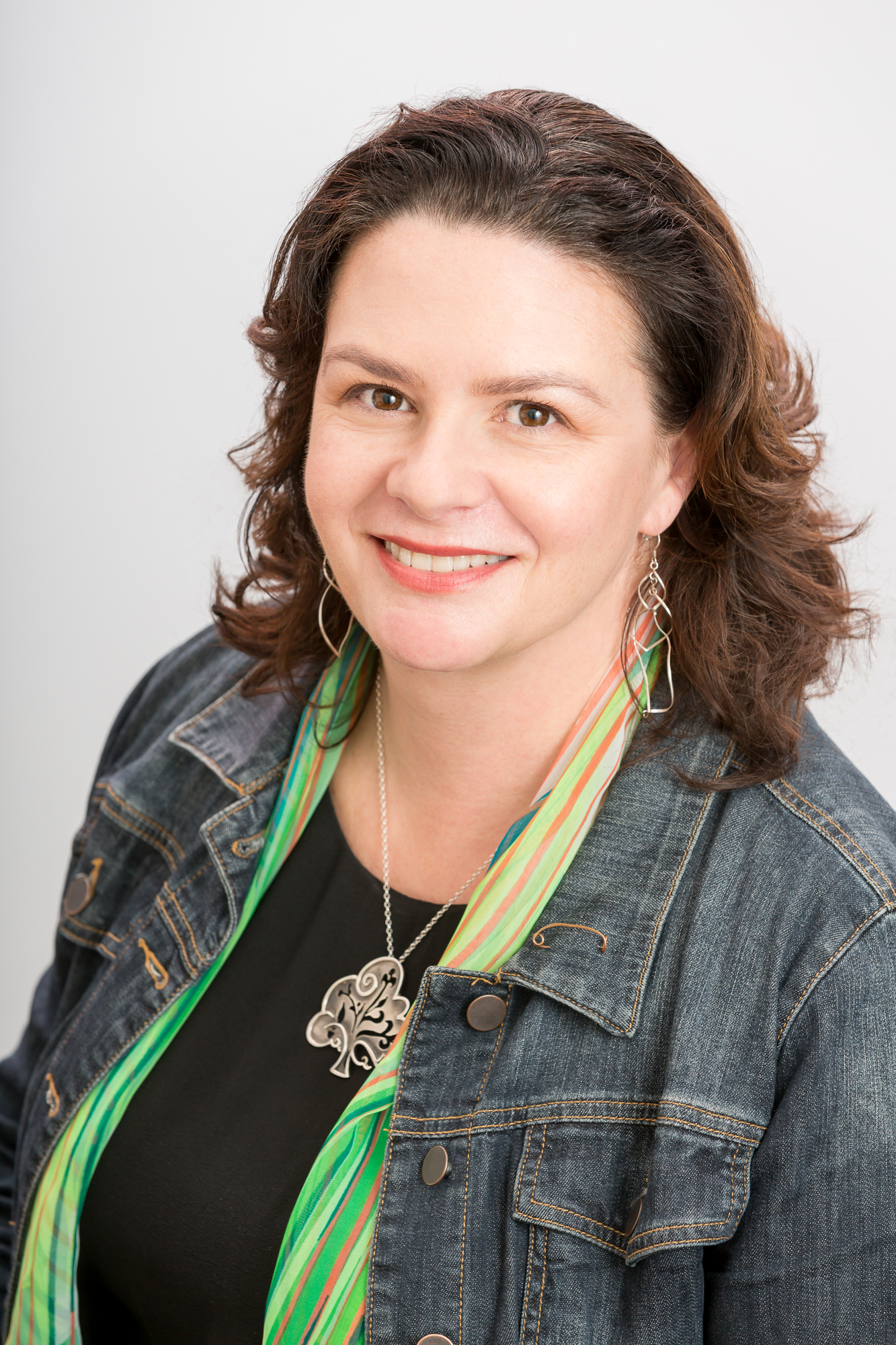
Most of my estate planning clients are couples with minor children and aged parents. They are the sandwich generation, with all of the joys and all of the obligations that come with that role.
I ask all of my clients: Do you know if your parents have an estate plan? Do you know where it is located in case it is needed in an emergency or after a death? Do you know if you are named as a successor trustee or executor, or as an agent under a durable power of attorney, or as a health care proxy? Do you know what those roles entail? Do you expect an inheritance? Is real estate part of that inheritance? Will one of your siblings likely buy you out of that real estate? Do your parents have long term care insurance? Do you help your parents financially? Are your parents receiving governmental assistance? Have your parents put you on title to their home or named you as a joint owner of any of their bank accounts? Are you aware of the implications? Phew.
The reasons for these questions are risk mitigation, probate avoidance, and maximization of tax benefits. Here are a few very typical scenarios I run into with my estate planning clients:
Taking care of your parents should you die before they do
Chris is an only child. Chris’s parents are alive and both receive disability payments. They do not own their home and do not have long term care insurance. Chris often takes them on vacations, sends them gift cards, and buys them necessities. Chris decided to leave assets to his parents to ensure that they will be provided for should the worst happen to Chris. Chris obtained an inexpensive term life insurance policy to pay for this, and we had a discussion about whether his parents could receive the funds outright or if that would impact their eligibility for government entitlements, in which case the funds from the policy should be held in a special-needs trust for their support. This scenario applies beyond only children, as well. I often hear my clients say they do not want to leave their siblings with the financial burden of taking care of elderly parents alone.
Maximizing tax outcomes: Avoiding Prop. 13 and income tax mistakes
Jordan is one of four siblings, one of whom lives with their parents in their home, which they own. Jordan expects each sibling to receive 1/4th of the value of the family home when the parents pass away. Jordan is the named successor trustee of the parents’ trust; however, Jordan’s parents refuse to share any further details about who gets what, or even what Jordan’s obligations and authority would be under the trust. The issues here are related to Prop 13 and income tax, and the likelihood that Jordan’s sibling may wish to continue to live in the home and “buy out” the other siblings. That would lead to reassessed property taxes for the resident sibling and income tax, instead of direct untaxable inheritance, for the other three. It is generally better for children to purchase real estate directly from the parents’ estate than from each other.
Avoiding litigation among siblings
Parents love to leave everything equally to all children — but even this intended benevolence can result in litigation, negative tax consequences, and perhaps irreparable disruption of family harmony. Pat is one of three siblings and one of them, Stevie, lives with their parents in the family home. Stevie has never had a job and has no savings. The parents’ estate is comprised of a little bit of retirement money and the house in Palo Alto, which they purchased in 1978 and is now worth two million dollars. In the event of the parents’ death, Stevie would like to continue living in the home but could not buy out his siblings. Pat would need to sue Stevie to force the sale of the home. Each sibling would then get their third of the estate, but the sibling relationship would be damaged and Stevie would be looking for a couch to land on. Pat had a long and difficult discussion with their parents and siblings. Pat’s parents amended their plan, and Stevie got a job and moved out of the family home!
Joint-ownership nightmares
Often, parents will put their children’s name on the deed to their home or on a bank account because they mistakenly think that this will make it easier and less expensive for the child to inherit the home. The problem here is if the child has creditors, they can attack the parents’ home or bank account. Another problem is the tax inefficiency for the real estate. Generally, when you inherit real estate from your parents you do not get a Prop. 13 reassessment and you get “stepped up basis,” which means that you can sell the property shortly after death without paying capital gains taxes. But if your name is on the deed, that makes you joint tenants. If a property is held as a joint tenancy, only the 50% owned by the parents will receive that step up in basis, and the 50% owned by the child will be subject to capital gains if the house is sold.
Your children
If you brought wonderful children into this world using assisted reproductive technologies that include a third party’s genetic material or a surrogate, would your child legally be considered a “grandchild” under your parent’s estate plan? Most revocable trusts include a definition of the word “child” – would your child be excluded?
Estate planning is so much more than filling out a form and then signing some documents. Estate planning should not be “transactional”, i.e., you tell the lawyer what you want and the lawyer drafts it up. A good estate planning lawyer will ask you a lot of questions about your family to help you mitigate risks you probably don’t even know you face and to maximize benefits you and your loved ones could receive.
This article is not and should not be considered legal advice or opinion. The author provides legal advice and opinion only upon engagement with respect to specific factual situations. Applying the law to a particular situation requires careful consideration of many factors. Every factual situation is different and laws are constantly changing.
 Patricia De Fonte
Patricia De Fonte
Patricia is an estate planning attorney in San Francisco. She dedicates her practice to working with parents of minor children to create plans that express their values and take care of all of the people who are important to them. Patricia was born in San Francisco, grew up in San Jose, is a public-school parent, and is one unit away from completing a masters of law in Estate Planning, Probate and Trust Administration at Golden Gate University. Patricia supports Planned Parenthood, the ACLU, Friends of the Urban Forest, RAICES, and the SmileTrain. Patricia has frequent workshops and a monthly newsletter. Follow her at www.facebook.com/pdefontelaw/ for information on events and more.

















